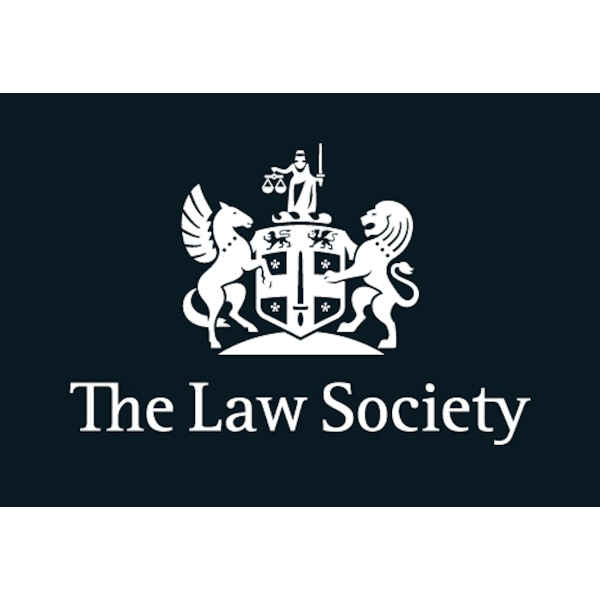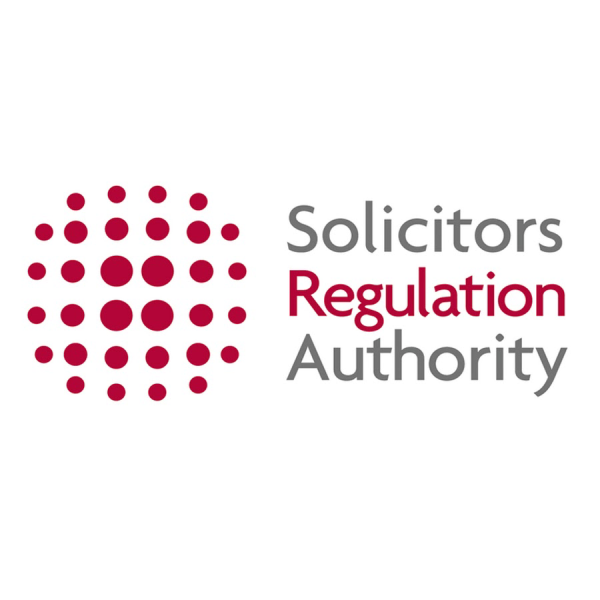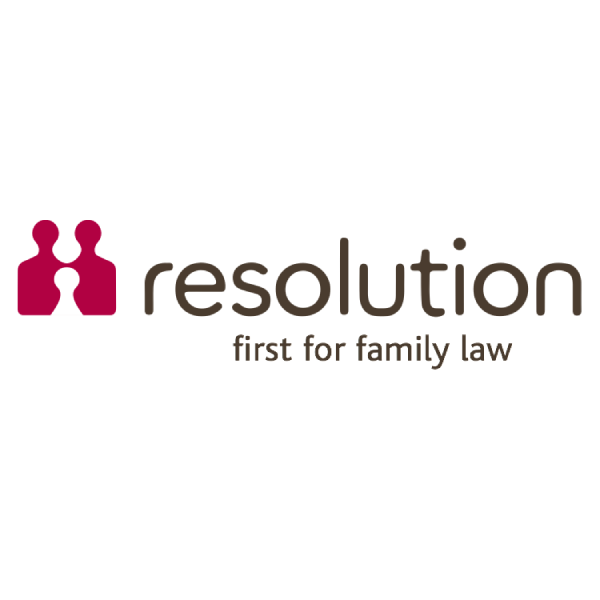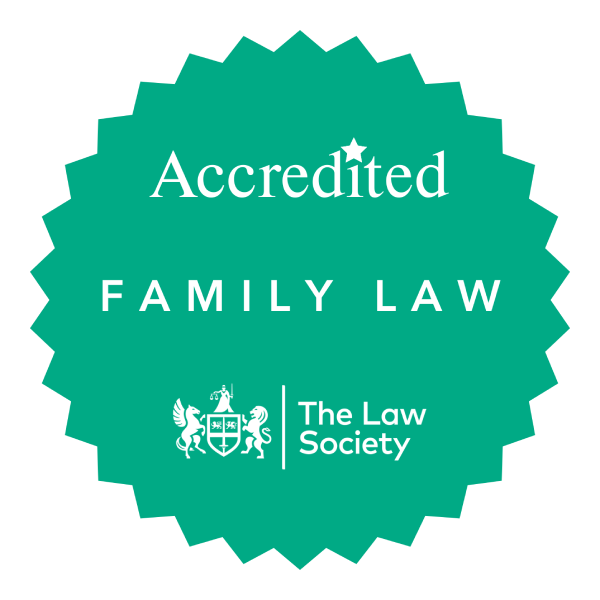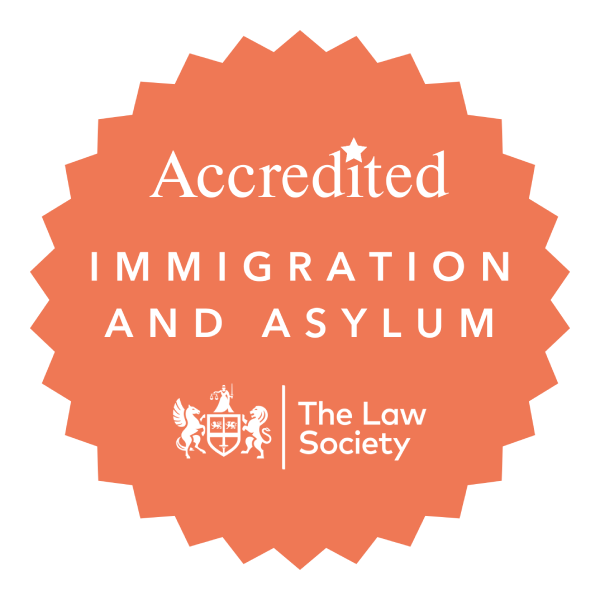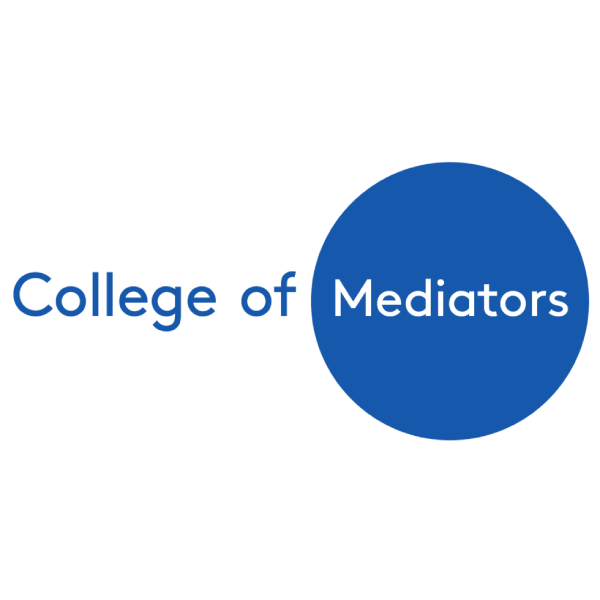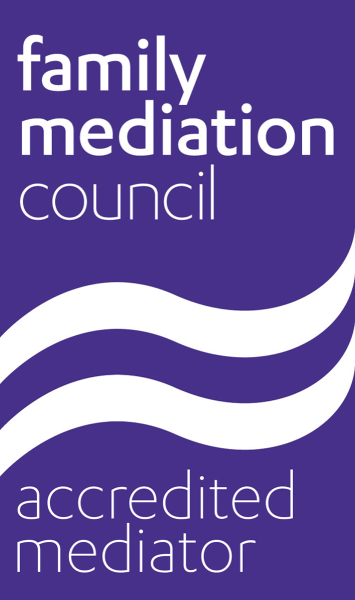Child Arrangements And The Role Of CAFCASS
The Role Of CAFCASS In A Court Case About Child Arrangements
The Children and Family Court Advisory and Support Service (CAFCASS) works
with families who need to go to court to settle a dispute about their children, such as
in regard to residence and contact. Independent of the court, the CAFCASS adviser
represents the children and gives the court a professional view on what would be in
their best interests.
‘The extent of their involvement will depend on individual circumstances,’ explains
Akash Soni, a family solicitor and mediator in the family law team with Breakthrough Family Law. ‘It is important to
understand at the outset how CAFCASS will be involved so that you know what
interactions to expect.’
Akash Soni answers some commonly asked questions about CAFCASS.
Does CAFCASS have to be involved?
This is a requirement for all applications lodged regarding arrangements for children,
whether that is deciding who they will live with, spend time with, or other specific
issues such as which school they should attend. The involvement of CAFCASS
gives the court an independent and professional view on what would be best for the
children, from the start of the case.
When do CAFCASS get involved?
When the family court processes your application, it sends it to CAFCASS at the
same time and the matter is allocated to a family court adviser (FCA). They are,
therefore, involved right from the start of your case.
Once allocated, CAFCASS will send you a letter with all of the relevant details and
information about the next steps.
Who pays for CAFCASS?
There are no costs for you to pay, as CAFCASS is a government-funded
organisation.
What does the family court adviser do?
The family court adviser is tasked with checking whether the police or local authority
have been involved with your family previously and for what reasons; these are
called safeguarding checks.
The adviser will call you and the other parent (separately) and that conversation will
be your chance to relay:
any concerns about the welfare of your children;
what you would like to happen in terms of child arrangements; and
any specific issues you feel the court should practically explore before
making a decision.
What is in the CAFCASS safeguarding letter?
The adviser pulls together all of the information from the initial enquiries and writes a
letter to the court. It is sometimes referred to as the ‘safeguarding letter’, and this will
confirm whether or not there are any safety or welfare concerns about the children.
The adviser will relay to the court a summary of what you and the other parent have
said to them regarding your concerns and positions. The letter will also contain the
adviser’s initial analysis of the situation and initial advice to the court about what
CAFCASS believe the next steps should be to move the case forward. For example,
they may recommend that a thorough investigation and report (Section 7 report,
discussed below) is needed, or that there are no concerns and therefore no further
role for CAFCASS in your case.
What happens at the first hearing?
Your first hearing may be placed in a list where an adviser is also present on the
day, to further assist the court. If so, you might have an opportunity to speak with the
family court adviser before the hearing starts, or they will simply be present during
the hearing to help the judge.
Not all first hearings will have a family court adviser present however, and the
safeguarding letter will represent the position of CAFCASS. After discussions, the
court will set out in an order what tasks need to be carried out to move the case
along; these are called ‘directions’ and usually reflect the initial views of CAFCASS
and any other matters decided at the hearing.
The safeguarding letter will have made clear whether or not CAFCASS think they
have a further role in your case, beyond their checks and initial enquiries. Ultimately,
it will be for the judge to decide on this at the first hearing.
Should the court determine that CAFCASS should continue to work with your family
and look into the concerns further, it will make an order for a Section 7 report to
prepared. Your case will be listed for a further hearing to consider the Section 7
report and any other evidence directed.
Will CAFCASS speak to the children?
CAFCASS are there to represent the voice of any children in the court case. This
should help in letting the court know what your children’s wishes and feelings are, in
so far as these can be ascertained. It is important to have this independent view from
the children’s perspective, otherwise the court will only know about what each party
thinks is best for their children, which is rarely ever objective.
Therefore, depending on how old your children are, the adviser might ask to speak
with them to garner their own views and wishes on the situation. If so, the adviser will
explain to you what this will involve and how such a conversation is normally
conducted.
How long does the Section 7 report take?
There can be lengthy timescales for preparing a Section 7 report and it can take
between 12-16 weeks. The adviser will contact you about the further enquiries they
wish to make, which will include meeting with you, the other parent and also
speaking to your children, if appropriate.
It is normal for the adviser to visit you at your home and sometimes to speak with
your children at school. They may also wish to speak to your children’s teachers
about how they are progressing generally, and any concerns the school has about
them.
To allow time for this, the next court hearing could be three to four months down the
line, sometimes later.
What is in the Section 7 report?
The adviser will write up their report and make final recommendations as to what
orders the court should make, in their view, for your children. The report will include
summaries of the conversations the adviser has had and their analysis of the situation.
Broadly speaking and among other things, they will recommend with whom
the children should live and how much time they should spend with the other parent.
Every case is explored on its individual circumstances and so there will be occasions
where CAFCASS recommend that there should be indirect contact (for example
telephone/video calls and letters) for one parent, but often with a stepped plan
building towards direct contact.
Will the court follow the CAFCASS recommendations?
The court does place weight on the analysis and recommendations in the Section 7
report and will often make orders reflecting these.
What happens if we disagree with the CAFCASS recommendations?
If you disagree with the CAFCASS recommendations, you can ask the court to list a
final hearing on the matter where the adviser can be cross-examined on their report.
Your solicitor will be able to advise you on the merits of doing so, before pursuing
this course of action.
How we can help
It is always wise to seek legal advice about any children applications to the family
court at the start of a case, so that you have time to consider your position before
receiving a call from CAFCASS. Whether you are thinking about making an
application, have received notice of an application by your ex-partner, or want some
advice on how CAFCASS will deal with your case, please contact Akash Soni
in the family law team on 01494341016 or email [email protected] Breakthrough Family Law Solicitors has
offices in Harrow and Berkhamsted, London & Milton Keynes
This article is for general information only and does not constitute legal or professional
advice. Please note that the law may have changed since this article was published.

